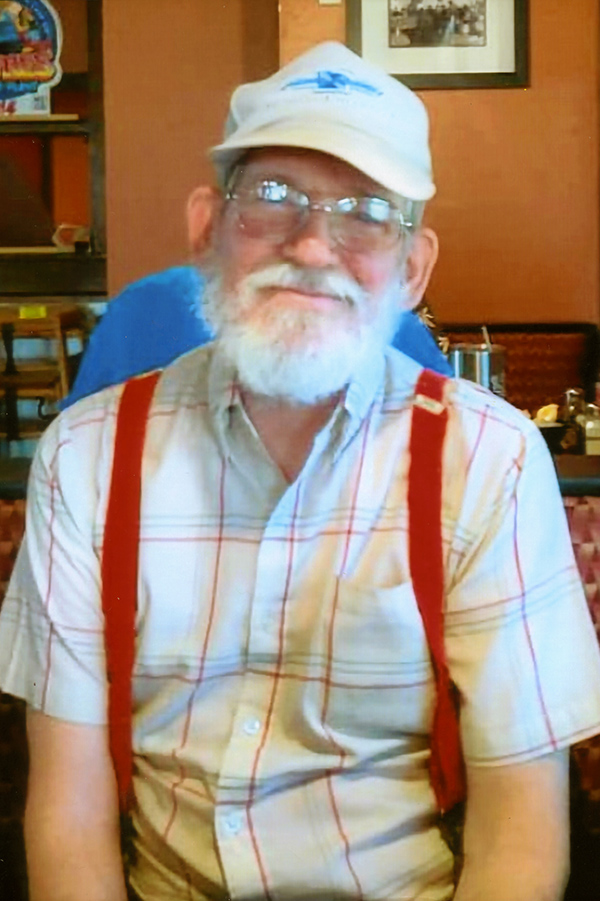
Stewart died in August 2019 at age 66 after years of declining health. Forty years ago, he received what he often described as life-saving care at what was then North Carolina Baptist Hospital. To honor that care, he directed an estate gift of $1.2 million to Wake Forest Baptist.
“He had his heart set on this,” says Patricia Guthrie, Stewart’s closest relative and executrix.
Guthrie describes her cousin as a man of few words who enjoyed racing and wood crafting for as long as his health allowed. His life changed forever in his mid-20s when, according to Guthrie, Stewart developed vision problems that doctors traced to a congenital condition. It required complicated brain surgery to reroute blood vessels. She says Stewart was in surgery at Baptist Hospital for more than 40 hours.
“The doctors had to take shifts. It was extensive,” Guthrie says.
After the surgery, Stewart was paralyzed on one side of his body and spent months recovering at the hospital. For the rest of his life, he wore a brace from the knee down and used a type of tall cane that hooked to his shoulder and elbow and in which he placed his arm.
“He had to have that to be able to walk,” Guthrie says.
Stewart was married and divorced in his 20s, had no children or siblings and lived the majority of his adult life with his parents. After his mother died in the early 2000s, he and his father became “two peas in a pod,” Guthrie says. “They did everything together.” His father’s death in 2016 left him alone.
Stewart was treated at other hospitals for a broken hip and cancer of the jaw. Despite the challenges he faced, he was clear about one thing.
“He would just say that the people at Baptist saved his life, and he knew it,” Guthrie says. “He always wanted to leave this for the hospital. I didn’t know how much it was, but it was always his intention.”
Several family members likely left money to Stewart and his parents over the years, she says, and they didn’t overspend in any way. They invested it.
“Larry and his parents were clients of mine for over 25 years,” says Barry Riddle, first vice president-investments for Davenport & Co. of Danville, Virginia. Riddle oversaw Stewart’s investment plans. “He was adamant that he give back to the hospital that helped him when he needed it.”
Stewart placed no restrictions on how his gift should be used. Half of the funds will support medical education scholarships, and half will provide pilot grants for early stage research projects.
Losing her cousin has been difficult for Guthrie, who also is an only child. The two were as close as brother and sister, and she cared for him as best she could.
“I was just astonished,” she says of his generosity. “It’s just wonderful.”
